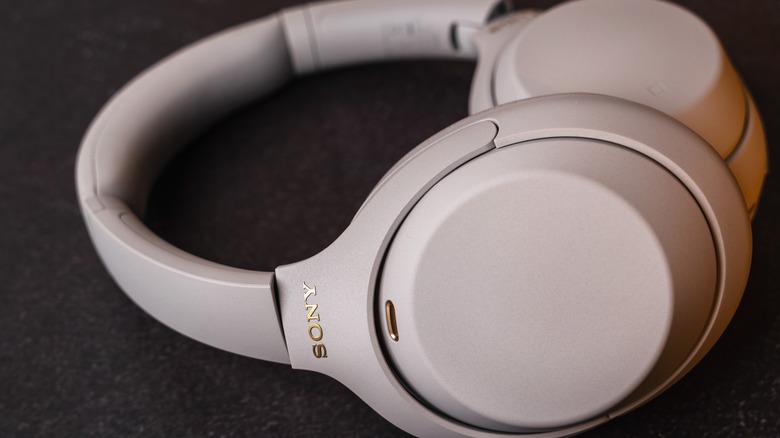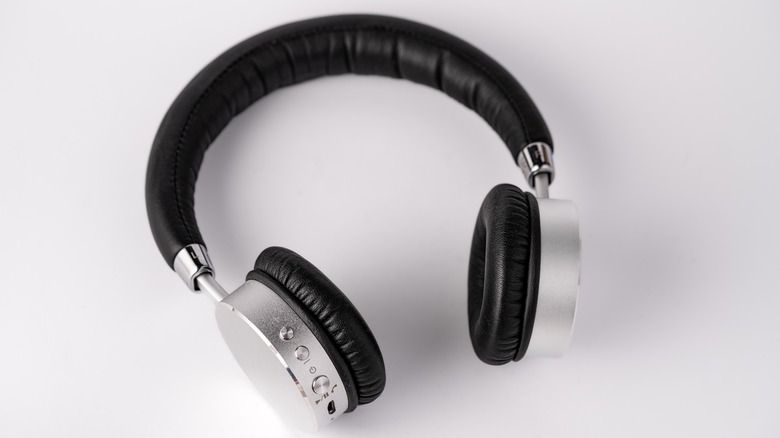What's The Difference Between ANC Headphones And Noise Canceling Headphones?
When it comes to noise-canceling headphones, there are a couple of different types distinguished by how they actually cancel out surrounding noise. The differences between passive noise cancellation (PNC) and active noise cancellation (ANC) are simple. Both noise cancelation categories work to block noise from reaching your ears. PNC works by blocking surrounding noise with sound-blocking materials and a snug fit, without using any technology that requires electrical power.
As the name suggests, active noise-canceling headphones sense the sounds around them and act based on what needs to be done to mitigate those sounds. ANC headphones first use an embedded microphone or microphones to gauge the amount of noise in the immediate area, then compensate with neutralizing audio tones through speakers near your ears.
Which type of headphones are better?
So with these functional differences, you may wonder which one is better suited to actually cancel out noise. Both ANC and PNC have pros and cons depending on your situation. If you're looking for the best noise cancellation with an absolutely pure final output into your ear, it could be worth your while (and your cash) to get custom-fitted PNC headphones. A fine pair of custom-fitted PNC headphones could potentially cancel noise out just as well as ANC headphones, without considering your battery level before each use.
Standard PNC headphones may be your better choice if you're looking for pure, unadulterated sound transmission. Since ANC headphones mitigate sound tones by emitting opposite sound tones, the audio that actually hits your ear won't be the same as it would if you were using PNC headphones. At the same time, the tones that ANC headphones mitigate would otherwise reach your ears and muddle the audio you're attempting to listen to anyway.
At the same time, with ANC headphones there is an option to turn ANC off, leaving you with the passive noise cancellation that's present whether or not ANC is active. One major selling point with ANC headphones is the fact that, even when the tech isn't turned on, they still provide some level of noise cancellation because of the way they either fit on or in your ears.
Which type of headphones are safer for hearing?
Noise-canceling headphones allow you to listen to music at lower volumes when you're in noisy environments, thus protecting your hearing more than traditional headphones. Health specialists like those at Hearing Health Centers suggest that both PNC and ANC protect your hearing, even going so far as to recommend that you seek out either ANC or PNC headphones to wear regularly if you live or work in an environment with an abundance of ambient sound.
A small study done by New York Times suggests that some users have unfavorable reactions to using ANC headphones. As far as their study suggests, it would seem that negative reactions to ANC — like headaches and nausea — were due to the unnatural quiet a pair of ANC headphones can provide. Especially when a listener has ANC activated without also listening to music, the muffling or cancellation of certain outside tones can be disorienting to a person who has never experienced such quiet.
If you're planning on buying a new pair of headphones any time soon, we'd recommend testing a pair of ANC headphones or earbuds before you spend your cash. You'll know pretty quickly if you're the sort of person whose body doesn't work well with actively-canceled noise.


